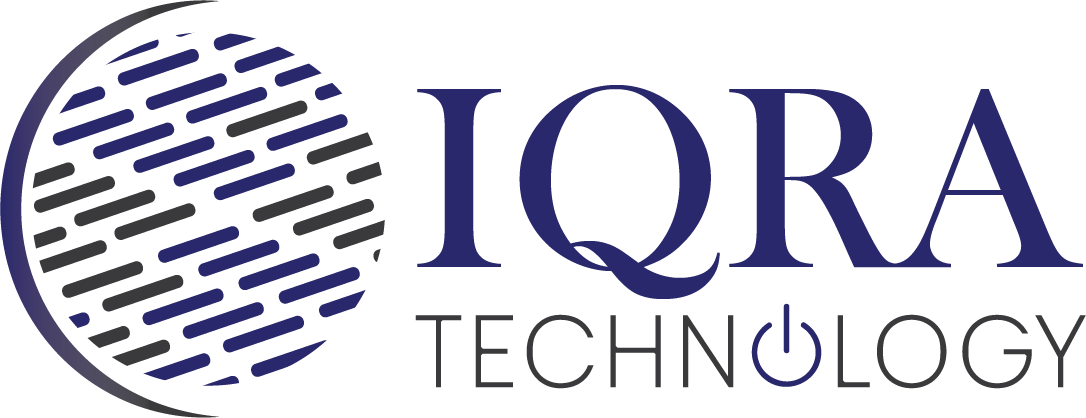Joget vs. Power Apps: A Comprehensive Comparison of Low-Code Platforms

Businesses are continuously looking for methods to streamline their processes and create effective apps in today’s fast-changing digital market. The growth of low-code development platforms, which promise to alter the way businesses create applications, is a result of this search for efficiency. Two noteworthy contenders in the low-code platform arena are Joget and Power Apps. To enable you to choose wisely based on your particular needs, we will examine the advantages and functionalities of both platforms in this thorough comparison.
Understanding Low-Code Platforms
Before we dive into the nitty-gritty of the Joget vs. Power Apps showdown, let’s take a moment to understand what low-code platforms are and why they are gaining prominence in today’s business landscape.
What Are Low-Code Platforms?
Low-code platforms are development environments that empower users to create applications with minimal manual coding. These platforms typically provide visual interfaces, pre-built templates, and drag-and-drop components, making application development accessible to both professional developers and citizen developers – individuals with limited coding experience but a keen understanding of business processes.
The Significance of Low-Code Platforms
Low-code platforms offer several advantages that are reshaping the way organizations approach application development:
- Faster Development : By reducing the need for extensive coding, low-code platforms accelerate the application development lifecycle.
- Reduced Costs : With less reliance on professional developers and faster project completion times, organizations can realize cost savings.
- Increased Agility : Low-code platforms empower organizations to quickly adapt to changing market demands, giving them a competitive edge.
Now that we have a grasp of what low-code platforms entail let’s take a closer look at Joget and Power Apps.
Introducing Joget
Overview of Joget :
A free, open-source platform called Joget speeds up the creation of low- and no-code applications. Its flexibility, scalability, and usefulness are lauded. Joget helps businesses of all sizes, from startups to well-established corporations, swiftly produce enterprise-level apps.
- Key Features of Joget : Model-driven software architecture is component-oriented access to growing mobile apps. Its no-code functionality makes it smooth to form simple or complicated applications. Model-driven product development is the right choice for app development when you select to custom-design your interface based on the elements you install
- Build Custom Business Apps :
Let’s delve into some of Joget’s standout features:
Visual Development: Joget provides a visual interface for application development. Users can design workflows, forms, and processes graphically, significantly reducing the need for manual coding.
App Center: Joget offers an App Center that serves as a marketplace for pre-built apps and templates. This marketplace accelerates application development by providing a library of ready-to-use components.
Integration Capabilities: Joget seamlessly integrates with other systems and databases, ensuring smooth data flow between applications. This capability is crucial for organizations that rely on multiple software solutions.
Introducing Power Apps
Overview of Power Apps
Power Apps is part of the Microsoft Power Platform, focusing on the rapid creation of business applications. It is strategically designed to work seamlessly with other Microsoft services, making it an attractive option for organizations already invested in the Microsoft ecosystem.
Key Features of Power Apps
Now, let’s explore the key features that make Power Apps stand out:
- Integration with Microsoft 365: Power Apps offers seamless integration with Microsoft 365 applications. This tight integration makes it a preferred choice for organizations already using tools like SharePoint and Dynamics 365.
- AI Builder : Within Power Apps, the AI Builder feature empowers users to infuse their applications with artificial intelligence capabilities. Predictive analytics and sophisticated automation are now possibilities.
Power Apps applications include responsive design, offering an optimum and consistent user experience across a variety of devices, including desktops and mobile devices.
Joget vs. Power Apps: A Detailed Comparison
Now that we’ve introduced both platforms, let’s embark on a detailed comparison to help you assess which one aligns best with your organization’s needs.
- Ease of Use
Joget is renowned for its user-friendly, no-code approach, making it accessible even to citizen developers with limited coding experience. In contrast, Power Apps, while intuitive, may require users to be more familiar with the Microsoft ecosystem.
Customization
Both Joget and Power Apps offer high levels of customization. Joget’s open-source nature allows for extensive customization, making it an excellent choice for organizations with unique requirements. On the other hand, Power Apps excels in integrating seamlessly with Microsoft 365 applications, which is advantageous for organizations deeply embedded in the Microsoft ecosystem.Integration
Power Apps has a natural advantage when it comes to integrating with Microsoft products. It provides a seamless experience for users of tools like SharePoint and Dynamics 365. Joget, on the other hand, offers versatile integration capabilities, allowing organizations to connect with a wide array of systems and databases.- Pricing
Pricing can significantly vary depending on your organization’s needs and usage. Joget offers an open-source version with no licensing costs, making it a cost-effective option. In contrast, Power Apps has various pricing tiers, often bundled with other Microsoft services. Organizations need to evaluate their budget and requirements to make an informed decision. - Scalability
Both Joget and Power Apps are scalable solutions. They can accommodate the growth of your applications and user base. Scalability is crucial for organizations anticipating increased usage or expanding their application portfolio. Conclusion
In the Joget vs. Power Apps deliberation, the optimal choice hinges on your organization’s precise requirements and existing infrastructure. If you’re looking to Hire Joget Developer, Joget shines brilliantly with its no-code approach and expansive customization options. It proves to be an exceptional choice for organizations in search of flexibility and open-source solutions.On the other hand, if your preference is to Hire Power Apps Developer, Power Apps effortlessly integrates with the Microsoft ecosystem, making it the preferred selection for businesses deeply invested in Microsoft 365 applications.
Ultimately, your hiring decision should be guided by your unique needs, available budget, and long-term goals. Regardless of whether you choose to Hire Joget Developer or Hire Power-Apps Developer, you’re on the right path to expedite your digital transformation and application development endeavors.
Now, let's address some common questions related to low-code platforms, Joget, and Power Apps:
1. What is a low-code platform?
Ans: Low-code platforms are development environments that enable users to create applications with little to no human coding utilizing visual interfaces, pre-built templates, and drag-and-drop components. These platforms facilitate app development and enable participation from a larger audience, including non-developers.
2. Is Joget open source?
Ans: Yes, Joget is an open-source, no-code/low-code application platform. Its open-source nature provides transparency, flexibility, and opportunities for customization, making it an attractive choice for organizations looking for cost-effective and adaptable solutions.


